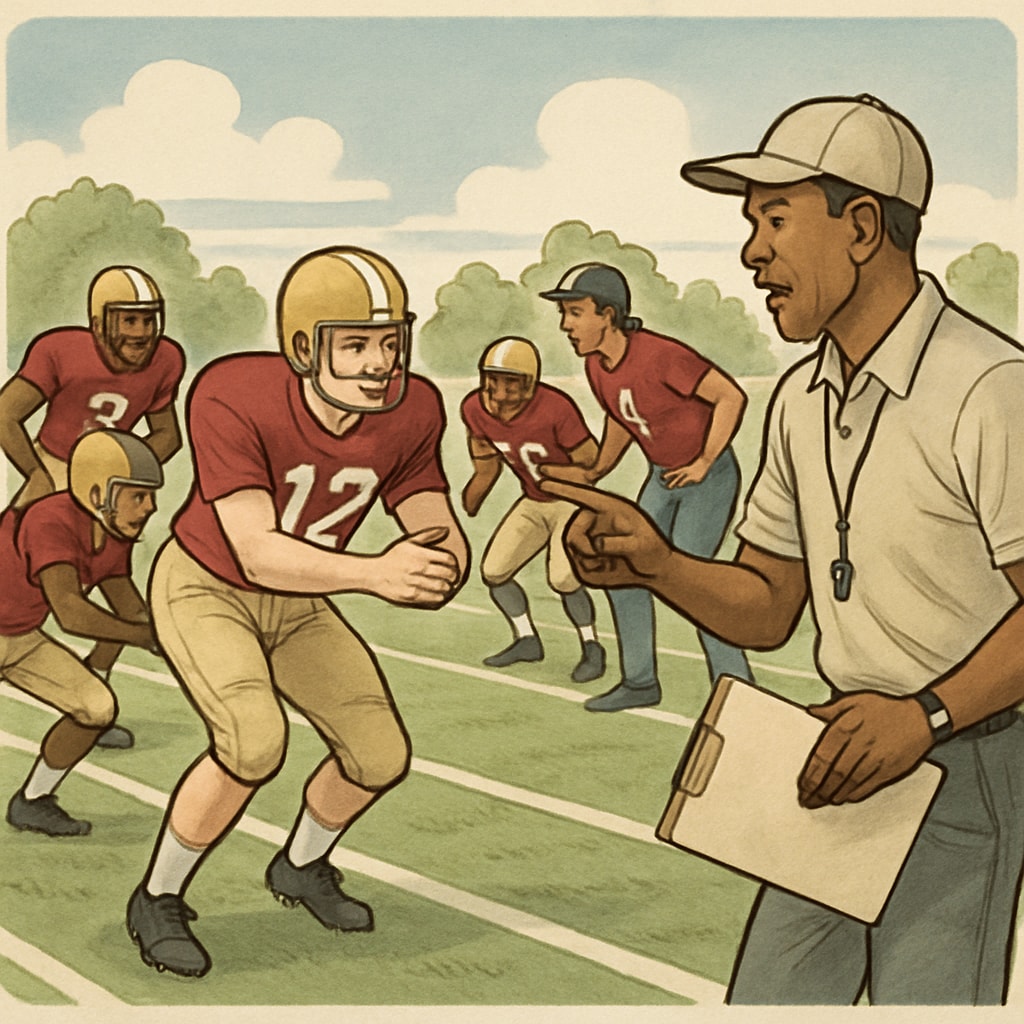Understanding US college athletic recruitment policies is crucial for students aiming to leverage their sports talents for admission. While athletic ability provides significant advantages, applicants must still meet core academic requirements set by both institutions and the NCAA (National Collegiate Athletic Association).

NCAA Eligibility: The Foundation for Student-Athletes
The NCAA establishes baseline academic standards that all recruited athletes must satisfy. These include:
- Minimum GPA requirements (typically 2.3-2.5 for Division I)
- Completion of 16 core academic courses
- Meeting standardized test score benchmarks
According to the NCAA official website, about 30% of student-athletes enter college with academic profiles below their institution’s general admission averages. However, they must still clear these minimum thresholds.
Recruitment Process: Beyond Athletic Performance
College coaches evaluate prospects through multiple channels:
- Game footage and competition results
- Academic transcripts and test scores
- Coach recommendations and character assessments
The NCAA recruiting calendar dictates when coaches can contact athletes, creating structured timelines for different sports.

Common Misconceptions About Athletic Recruitment
Many families overestimate the advantages of athletic recruitment:
- Myth: Sports talent guarantees admission – Reality: Academic disqualification still occurs
- Myth: All recruited athletes get full scholarships – Reality: Only 1% receive full athletic aid
- Myth: Recruitment bypasses standard applications – Reality: Athletes complete all admission requirements
Key takeaway: While US colleges value athletic talent, they maintain academic integrity through balanced recruitment policies. Prospective student-athletes should prioritize both sports development and classroom performance throughout high school.


